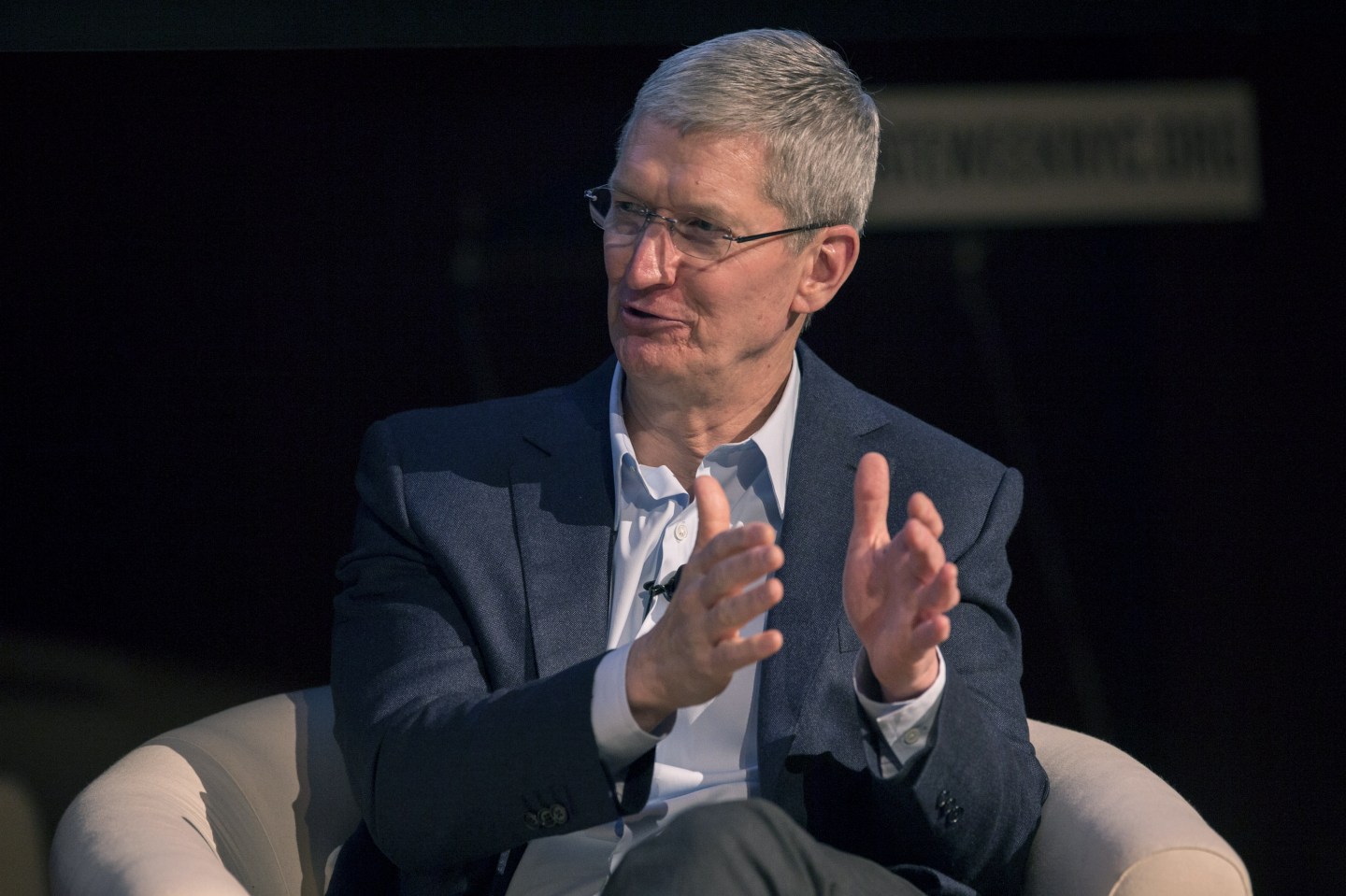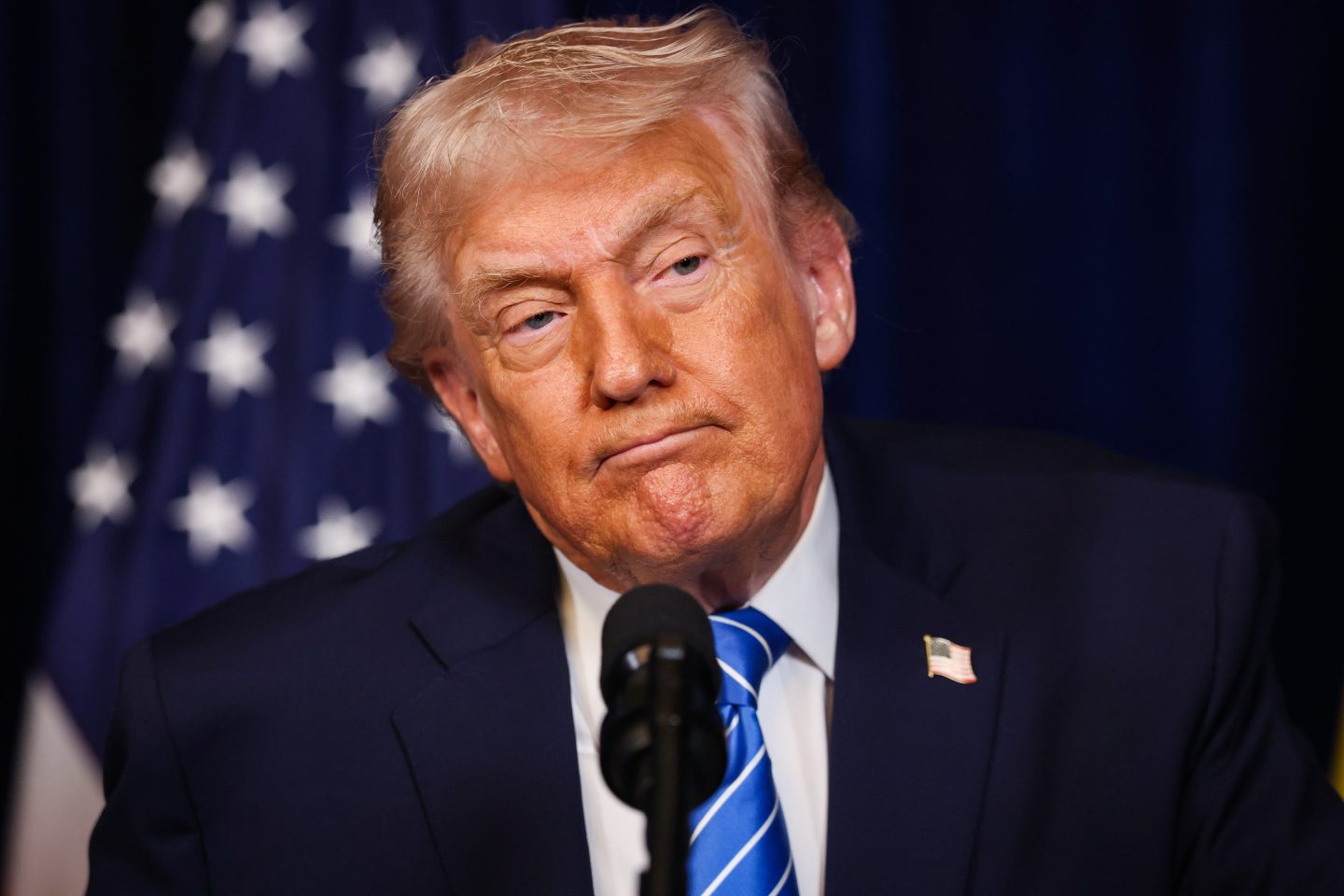Why did Apple agree to send its CEO to Friday’s White House conference on cybersecurity — headlined by the President himself — but not Google, Facebook and Yahoo?
The four horsemen of the Internet all find themselves at loggerheads with the Obama Administration over privacy and security. Apple, perhaps, even more so. According to FBI director James Comey, Apple’s decision, with iOS 8, to encrypt all its devices by default, “will have very serious consequences for law enforcement and national security agencies at all levels.”
But Apple’s business model makes it different from those other three companies. Because Apple makes most of its money selling devices, not advertising, it can afford to take the high road.
“When an online service is free,” Cook wrote last fall in a preamble to Apple’s privacy white paper, “you’re not the customer. You’re the product.” (Cue Google chairman Eric Schmidt’s tight-lipped retort.)
Now Apple is upping the ante. It’s trying to turn cybersecurity — Apple Pay, TouchID, powerful encryption, two-step verification — into a marketing tool, another moat it can use to protect ASPs double and triple its competitors’.
It’s a strategy that worked for BlackBerry. It kept them relevant — even in the White House — long after their technology had been eclipsed.
Follow Philip Elmer-DeWitt on Twitter at @philiped. Read his Apple AAPL coverage at fortune.com/ped or subscribe via his RSS feed.












